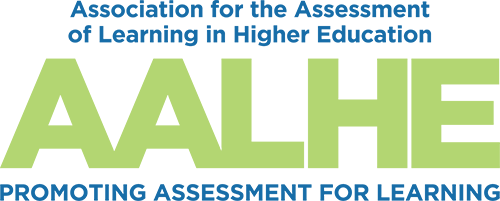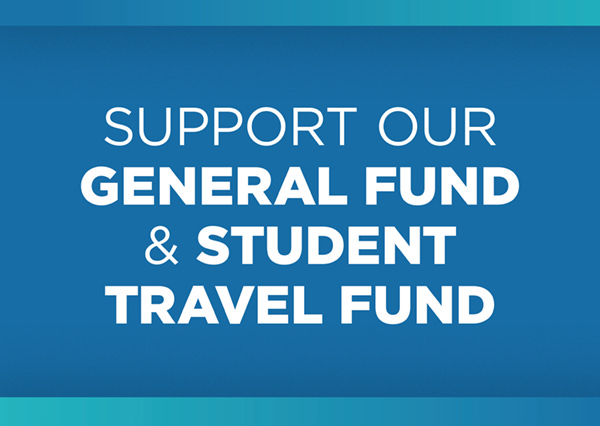- Home
- About AALHE
- Board of Directors
- Committees
- Guiding Documents
- Legal Information
- Organizational Chart
- Our Institutional Partners
- Membership Benefits
- Member Spotlight
- Contact Us
- Member Home
- Symposium
- Annual Conference
- Resources
- Publications
- Donate
EMERGING DIALOGUES IN ASSESSMENTAsk Eight Key Ethical Questions: A Strategy for Incorporating Diversity, Equity, and Inclusion Values into Assessment Planning
April 6, 2021 S. Jeanne Horst, Caroline O. Prendergast, Christine Robinson, William J. Hawk Higher education assessment reflects values through choices of measures, strategies, samples, and analyses. Conventional practices can (intentionally or unintentionally) perpetuate racist or culturally exclusive values or unjust biases. For example, utilizing assignments where materials are relatable to or assume prior knowledge of dominant students, and/or utilizing assessments that favor Western, Anglo, and European practices may impact non-dominant student success. Using assessment to support diversity, equity, and inclusion presents a grand challenge to assessment professionals today and will require broad and collective cooperation among members of the assessment and higher education community (Singer-Freeman & Robinson, 2020a, 2020b). To meet the daunting challenges, we propose assessment professionals use an ethical reasoning strategy titled the Eight Key Questions (8KQ) (Fulcher, Ames, & Hawk, 2018) when adopting more culturally responsive and socially just assessment practices. Culturally responsive assessment involves maintaining sensitivity to students’ cultures and backgrounds throughout all parts of the assessment process and acknowledging that some groups are privileged over others (Montenegro & Jankowski, 2017, 2020). Socially just assessment builds upon culturally responsive assessment to advance social justice by considering the ways in which power structures and biases influence assessment processes. The aim is to "challenge the status quo; raise questions [emphasis added] of privilege, power, and oppression; and work to remedy injustices whether purposeful or accidental" (Montenegro & Jankowski, 2020, p. 9). Using the 8KQ heuristic focuses attention on shared human values necessary for culturally responsive and socially just assessment plans. The following section defines each of the key questions, provides example questions for key components of the assessment cycle, and concludes with a tool for institutions to use in their own practice. We propose that program faculty, student affairs professionals, and assessment committees could apply the 8KQ to each phase of their assessment process. We hope this encourages others to ask questions that help expose biases and nurture cultural responsiveness and social justice in assessment planning and practices. 8KQ Across the Assessment Cycle Fairness: How can we act justly and equitably, balancing all interests?
Outcomes: What possible actions achieve the best short-term and long-term outcomes?
Responsibility: What duties and/or obligations apply?
Character: What actions help me become my ideal self?
Liberty: How do we show respect for personal freedom, autonomy, and consent?
Empathy: How would we act if we cared about all involved?
Authority: What do legitimate authorities expect?
Rights: What rights, if any (legal, innate, social), apply?
8KQ Tool for Use with Groups These example questions are neither comprehensive nor exhaustive when confronting inequities embedded in current educational systems. We encourage others to generate their own questions. Ideally, this process is conducted within groups, encouraging divergent and diverse viewpoints. Nearly everyone adopts their own default ethical values. One person may tend toward responsibility, another empathy, and yet another to fairness. Generating 8KQ in groups, especially those with divergent perspectives, helps to reveal biases in our own thinking. The following handout provides a list of the 8KQ with space for participants to generate their own questions. We recommend using a think-pair-share approach in which the 8KQ are first presented. Participants then spend time writing out their own questions, followed by sharing with a partner, and subsequently by sharing with a larger group. Additional materials and a video explaining the 8KQ may be found at https://www.jmu.edu/ethicalreasoning/8-key-questions.shtml (opens in new window) and freely used for 8KQ sessions. Practicing the 8KQ ethical reasoning strategy offers a collaborative and practical method for assessment professionals to encourage all to respond to otherwise unnoticed biases and injustices. We offer it as a pragmatic approach for exploring concerns about diversity, equity, and inclusion in assessment practices. References Fulcher, K. H., Ames, A. J., & Hawk, W. J. (2018, May). Ethical reasoning: Assessing a critical thinking skill. Urbana, IL: University of Illinois and Indiana University, National Institute for Learning Outcomes Assessment (NILOA).
Montenegro, E., & Jankowski, N. A. (2017, January). Equity and assessment: Moving towards culturally responsive assessment. (Occasional Paper No. 29). Urbana, IL: University of Illinois and Indiana University, National Institute for Learning Outcomes Assessment (NILOA).
Montenegro, E., & Jankowski, N. A. (2020, January). A new decade for assessment: Embedding equity into assessment praxis (Occasional Paper No. 42). Urbana, IL: University of Illinois and Indiana University, National Institute for Learning Outcomes Assessment (NILOA).
Singer-Freeman, K.E., & Robinson, C. (2020a). Grand challenges for assessment in higher education. Research & Practice in Assessment, 15(2), 1-20.
Singer-Freeman, K., & Robinson, C. (2020b, November). Grand challenges in assessment: Collective issues in need of solutions (Occasional Paper No. 47). Urbana, IL: University of Illinois and Indiana University, National Institute for Learning Outcomes Assessment.
|


